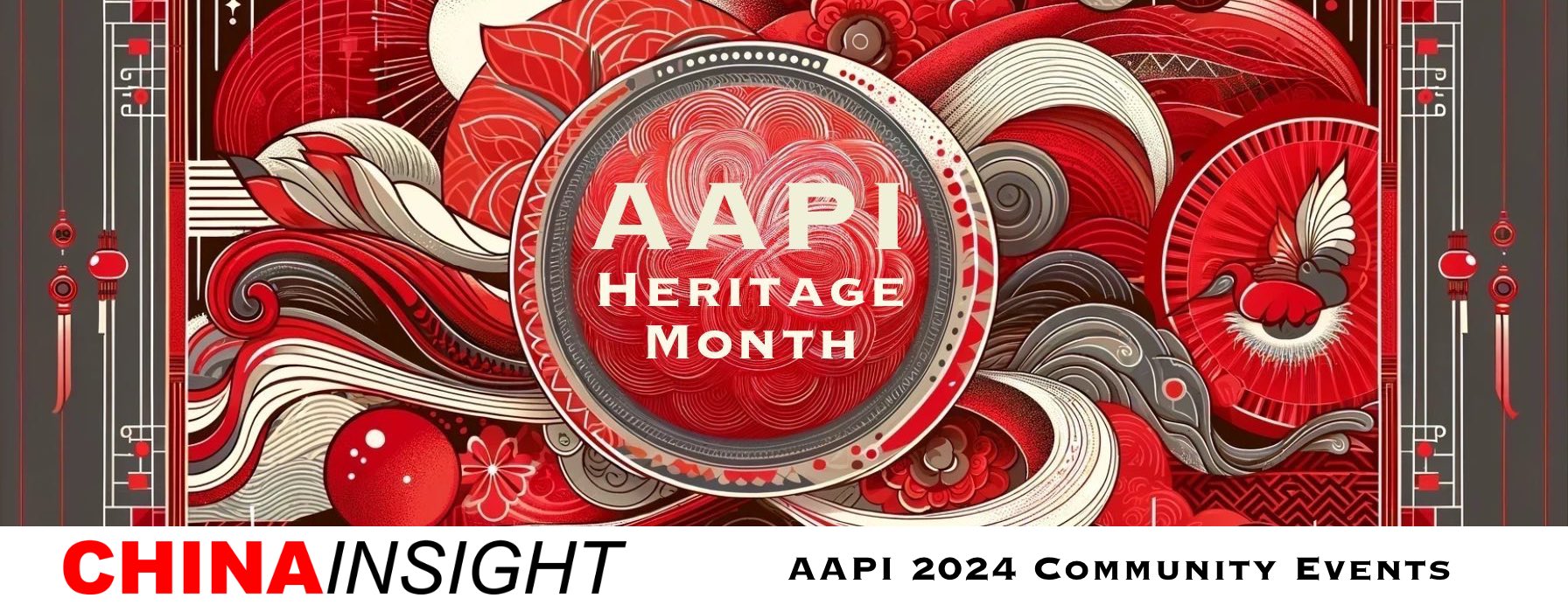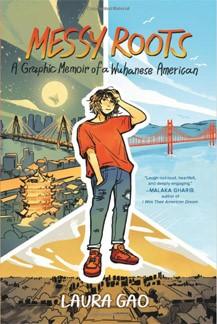Reviewed by Susan Blumberg-Kason | Asian Review of Books | March 20, 2022
 |
Author: Laura Gao Publisher: Balzer + Bray Publication date: March 2022 Softcover: 272 pagesLaura Gao is a comic artist and bread lover currently living in San Francisco. Laura’s art career began by doodling on Pokémon cards and has since blossomed to be featured on NPR, HuffPost, and most notably, her parents’ fridge. She is a proud queer Asian-American immigrant and strives to inspire others to live unapologetically loud.After graduating business school, she was hired on as product manager at Twitter. She hoped presenting Wuhan’s city “history,” architecture and economy in a graphic novel will combat the negative impact of being known as the origin of COVID-19.She has since quit her position at Twitter and is focusing on being an artist. |
Laura Gao was born in Wuhan and spent her first four years with grandparents in China while her mother and father studied in the US. When she reunites with her parents, she finds herself in the strange land of Texas where teachers and new classmates cannot pronounce her Chinese name, the only name she knows. Gao writes about culture shock and identity in her engaging new book, “Messy Roots: A Graphic Memoir of a Wuhanese American,” a story nicely accompanied by vivid drawings.
The reference to Wuhan in the title is deliberate: Gao starts her story with the nasty reactions she experienced in the U.S. in January 2020 when the city and what would later be seen as the pandemic first entered the news. During a game of ping-pong with a friend or acquaintance, Gao is subjected to verbal harassment about eating stereotypes in China, only to be told it was just a joke.
Most of the book takes place during Gao’s childhood, from when she arrives in Texas from Wuhan and the ways in which she struggles to fit in over the years, especially when it comes to her Chinese name, Gao Yuyang.
I barely knew how to pronounce “Texas,” let alone call it my home. Wuhan was more foreign than Mars here. I wished we’d never moved so that I wouldn’t have to explain myself. Roll call was always a living nightmare. I started memorizing the list so I could save the teachers from their misery.
Her mother tries to explain the uniqueness of her Chinese name and why her parents chose it especially for her.
高 (Gao) means tall and mighty, like the skies. 宇 (Yu) the cosmos, infinite and mysterious. And lastly, 洋 (Yang) means the seas, peaceful and safe. Altogether, it means you are our world!
Gao draws her name in bold characters with images of her mother and herself looking up at the sky with a bright sun, peering at stars in the night sky and swimming with fish, all to illustrate the meaning of Gao Yuyang. But young Gao does not appreciate this meaning and instead takes the name Laura after hearing of the First Lady, Laura Bush. She feels there could not be a name more American.
The Gao family, some years after the birth of their son, Jerry (Laura chose her brother’s name after the cartoon character), return to Wuhan for a visit and Gao reunites with cousins she used to spend time with before she emigrated. Gao writes about and draws the most popular Wuhan street food like re gan mian, hot and dry noodles in sesame paste, and dou pi, fried sticky rice and meat in a thin bean wrapper. She also introduces readers to some common terms in the Wuhan dialect and how they differ from Mandarin.
As Gao grows and finds a place in high school and later at the University of Pennsylvania, she becomes more comfortable in her own skin, both as a Chinese American and queer student.
The book ends with Gao’s last trip to Wuhan before the pandemic started. It’s during this trip that she learns to appreciate the name her parents gave her.
There’s still so much about myself I’ve yet to explore. But right now, I’m Laura Yuyang Gao. And my world is … Tall and mighty, like the skies. Infinite and mysterious like the cosmos. And peaceful and safe, like the sea. And I’ll bring it all with me, wherever I go next.
| About the reviewer
Susan Blumberg-Kason is the author of “Good Chinese Wife: A Love Affair with China Gone Wrong” and co-edited “Hong Kong Noir.” As a child, she dreamed of visiting China and Hong Kong and eventually, went to study Mandarin and received a Master of Philosophy in Government and Public Administration from the Chinese University of Hong Kong, where she also researched emerging women’s rights. She’s a freelance journalist now based in the Chicago suburbs, where she is also an elected trustee of her public library as well. |


